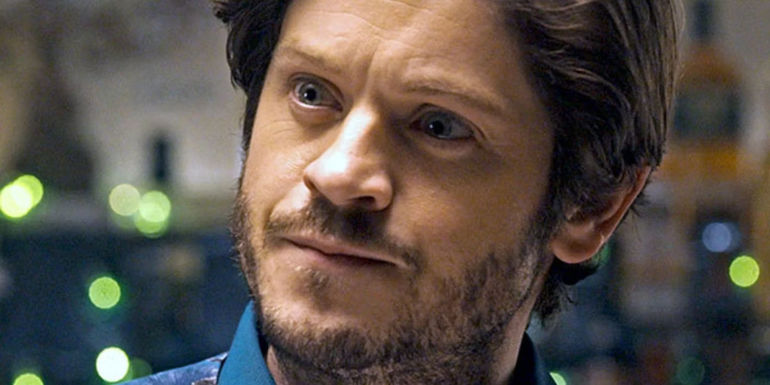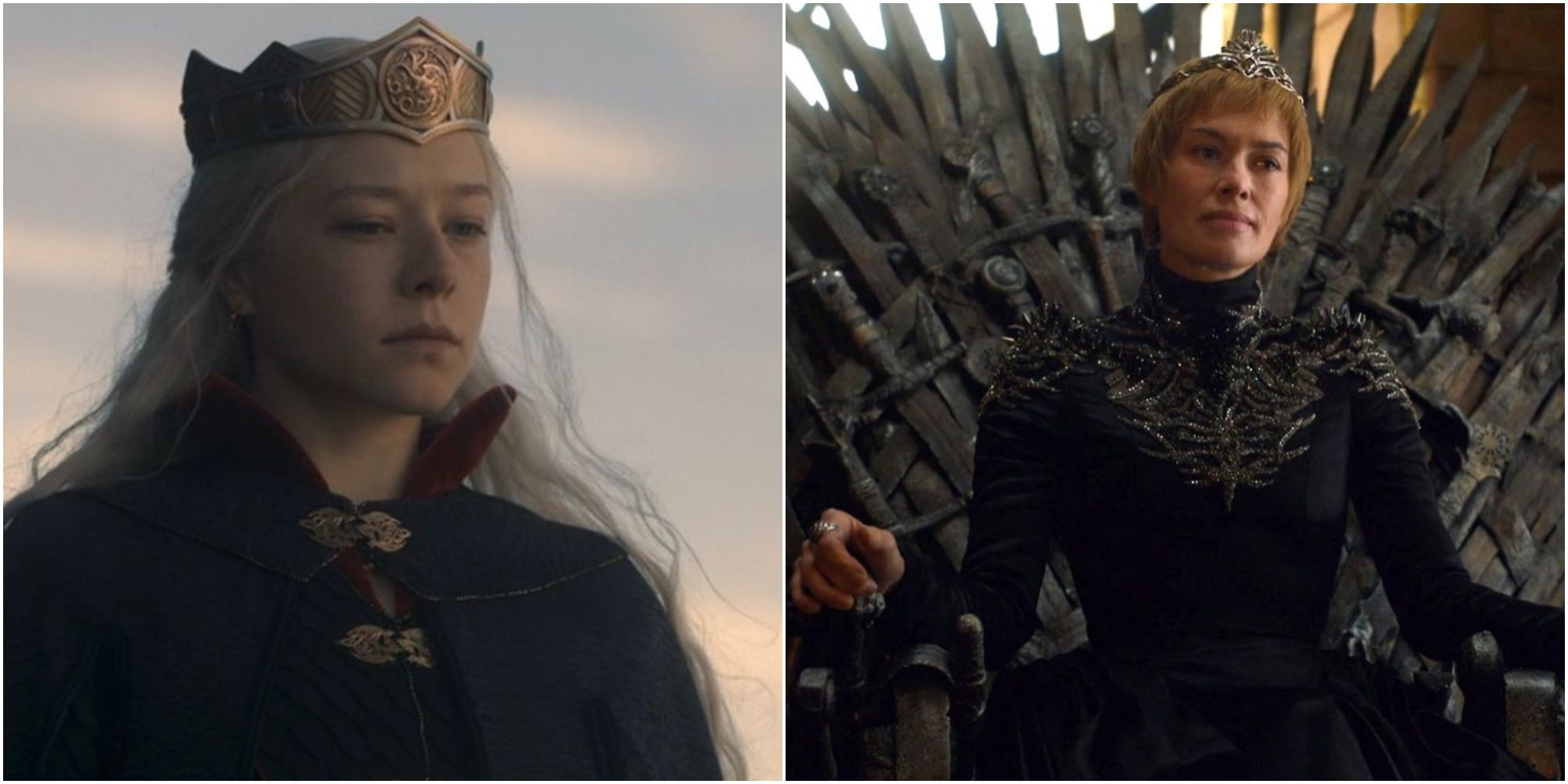
The Typecasting Effect of Game of Thrones on Iwan Rheon's Career

The impact of Iwan Rheon's role as Ramsay Bolton on his career and the challenges of typecasting in the entertainment industry.
The Typecasting Dilemma
Iwan Rheon, best known for his portrayal of the psychopathic torturer Ramsay Bolton in HBO's Game of Thrones, recently revealed the challenges he faced in breaking away from the typecasting associated with his iconic role. In an interview with Radio Times, Rheon candidly discussed the impact of his character on his career and the struggle to escape the shadow of Ramsay Bolton.
Iwan Rheon as Liam Doyle in American Gods
The Welsh actor expressed his frustration at being repeatedly offered roles that mirrored the sinister and villainous traits of Ramsay Bolton, lamenting the lack of opportunities to showcase his versatility as an actor. Rheon's desire to play a 'nice guy' on screen echoed the sentiment of many actors who grapple with the consequences of being closely associated with a notorious character.
The magnitude of Game of Thrones undoubtedly elevated Rheon's career, yet it also presented significant barriers as he found himself pigeonholed into a specific type of role, limiting the diversity of characters he could portray. The phenomenon of typecasting is a common challenge for actors who achieve widespread recognition for a particular character, and Rheon's experience sheds light on the complexities of navigating post-Game of Thrones career opportunities.
Iwan Rheon's Post-Game of Thrones Roles
Following Ramsay Bolton's demise in Game of Thrones, Iwan Rheon embarked on a series of diverse roles that showcased his range as an actor. Rheon's first post-GOT role saw him portraying one of the most infamous figures in history, Adolf Hitler, in the BBC comedy series Urban Myths. The role, while undoubtedly challenging, also perpetuated the typecasting trend as Rheon stepped into the shoes of another notorious character.
Continuing his journey beyond the confines of Ramsay Bolton, Rheon took on the role of the villain Maximus in Marvel's Inhumans series on ABC. Despite the brevity of the series, Rheon's portrayal added to the narrative of his association with complex and antagonistic characters. His subsequent portrayal of Mötley Crüe guitarist Mick Mars in the film The Dirt further underscored his versatility in embodying characters with multifaceted personalities.
In a departure from his previous roles, Rheon was featured in the BBC miniseries Wolf, portraying a character embroiled in a murder mystery during the 1990s. This marked a notable shift as he diverged from the archetype of the villainous figure, offering audiences a different dimension of his acting prowess. Rheon's upcoming role in the BBC movie Men Up, where he portrays a middle-aged Welsh man involved in the early trials of Viagra, presents a compelling opportunity for him to challenge the constraints of typecasting and showcase a new facet of his acting repertoire.
Moreover, Iwan Rheon is set to captivate audiences in Prime Video's series, Those About to Die, as he assumes the role of a wheeler-dealer immersed in the gambling and underworld of Ancient Rome. The breadth of characters that Rheon has undertaken post-Game of Thrones reflects his resilience in navigating the nuances of typecasting and reaffirms his dedication to diversifying his acting portfolio.
The Ongoing Battle Against Typecasting
Iwan Rheon's journey to transcend the constraints of typecasting serves as a compelling narrative that resonates with actors facing similar challenges in the entertainment industry. His candid revelations about the impact of Game of Thrones on his career shed light on the complexities of navigating post-iconic role opportunities and the enduring battle against being typecast.
The phenomenon of typecasting is a multifaceted issue that permeates the entertainment landscape, posing a formidable obstacle for actors seeking to break free from the shackles of preconceived character associations. Rheon's determination to explore diverse roles and break away from the archetype of the villainous figure exemplifies the resilience and tenacity required to defy typecasting and carve a distinct path in the industry.
As Iwan Rheon continues to chart his course beyond the realm of Ramsay Bolton, his unwavering pursuit of roles that defy the limitations of typecasting serves as an inspirational testament to the enduring spirit of actors who refuse to be defined by a single character. With each new role, Rheon challenges the preconceived notions of his capabilities, reinforcing his commitment to transcending the constraints of typecasting and embracing the boundless possibilities of storytelling through diverse characters.














